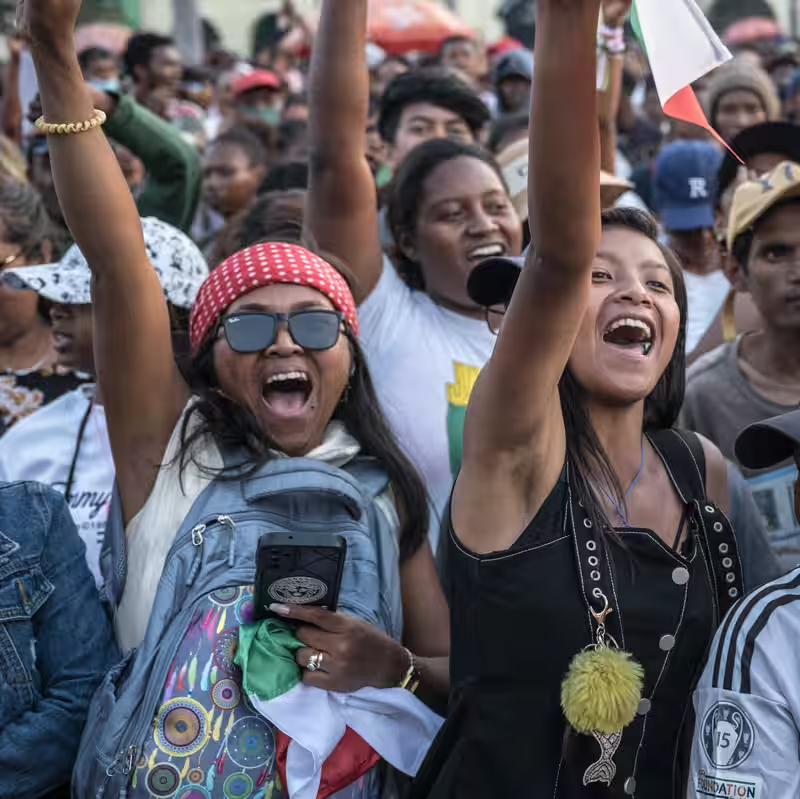Africa’s Gen Z Uprising: Why Young Protesters Are Demanding Change Now
From the streets of Nairobi to the parliament steps in Antananarivo, a new wave of youth-led protests is shaking the political foundations of Africa. Fueled by unemployment, broken promises, and a deep sense of betrayal, Gen Z is no longer waiting for change—it’s demanding it. “Promises have not been kept,” said one protester in Kenya, echoing a sentiment now reverberating across the continent.
The Spark Behind the Protests
While each country’s unrest has its own trigger—tax hikes in Kenya, constitutional overreach in Madagascar, subsidy cuts in Morocco—the root cause is strikingly similar: a generation coming of age in economies that offer little hope. Africa is home to the world’s youngest population, with a median age of just 19. Yet job creation, quality education, and political inclusion have failed to keep pace with this demographic boom.
In Kenya, youth-led demonstrations erupted after the government proposed new finance bills that would increase the cost of living. In Madagascar, mass rallies culminated in the impeachment of President Andry Rajoelina. And in Morocco, students and gig workers have taken to the streets to protest rising inequality.
Gen Z: The Most Connected, Most Frustrated Generation
Unlike previous generations, today’s African youth are digitally fluent, globally aware, and unafraid to speak truth to power. Social media has become their megaphone—organizing protests, documenting police brutality, and bypassing state-controlled narratives.
“We see what’s possible elsewhere,” said Amina, a 22-year-old university student in Rabat. “But here, we’re told to be patient while opportunities vanish.”
Political Fallout Across the Continent
The impact is already being felt at the ballot box and beyond. In Botswana, young voters helped oust the ruling party that had held power since independence. In South Africa, disillusionment with the African National Congress (ANC) pushed its support below 50% for the first time since apartheid ended.
Analysts warn this is just the beginning. With over 60% of Africa’s population under 25, governments can no longer afford to ignore the economic and political aspirations of their youth.
By the Numbers: Africa’s Youth Crisis
| Indicator | Statistic |
|---|---|
| Median age in Africa | 19 years |
| Youth unemployment (ages 15–24) | Average of 30%+ in many countries |
| Population under 25 | Over 60% |
| Countries with major Gen Z protests (2024–2025) | Kenya, Madagascar, Morocco, Senegal, Nigeria |
| Internet penetration among urban youth | Over 80% |
A Warning to Leaders
These protests are not just about policy—they’re about dignity. Young Africans are rejecting the narrative that they should be grateful for incremental progress. They want jobs, not handouts; representation, not tokenism; futures, not empty slogans.
As one banner in Nairobi read: “We didn’t inherit this country to watch it fail.”




